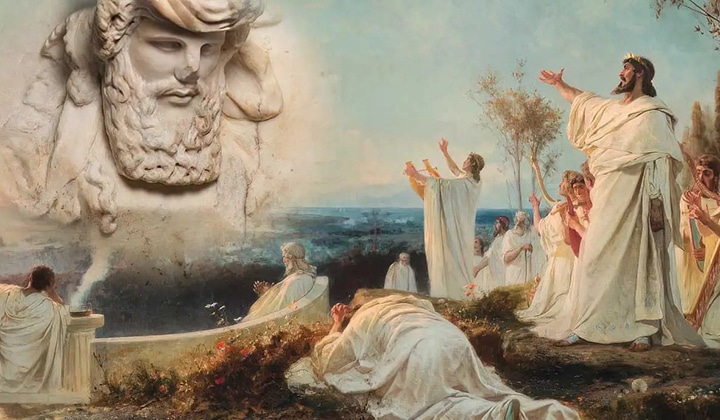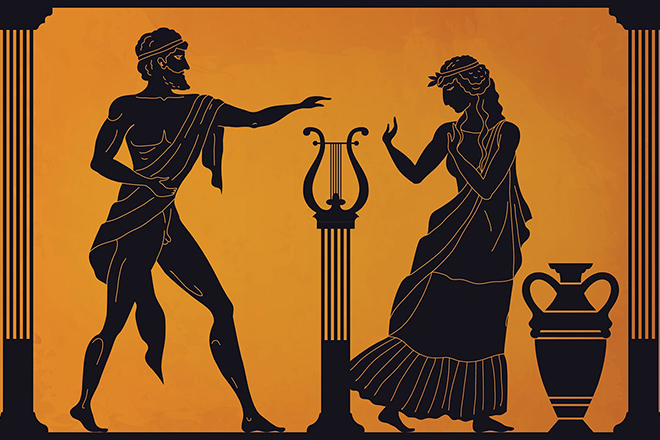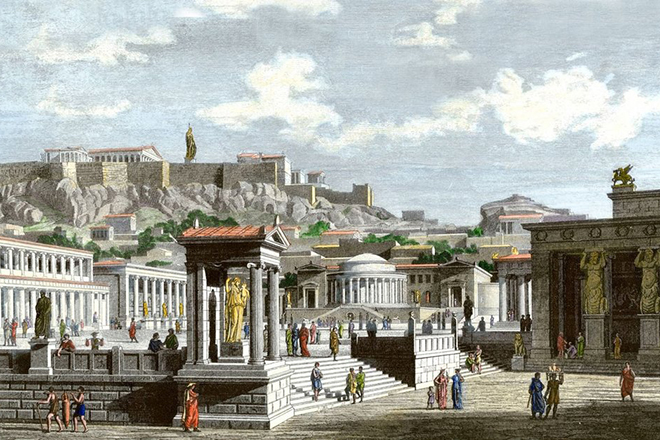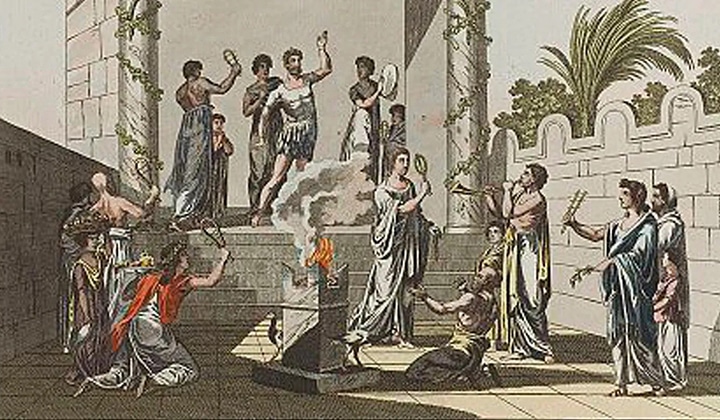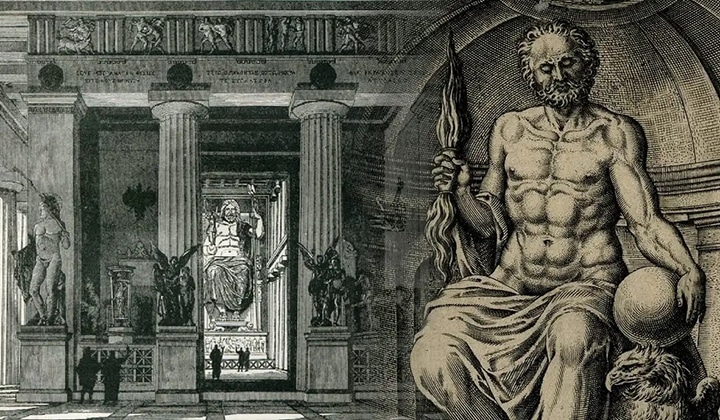Entering the Fold of the Mysteries
Initiation into the mystery cults was a coveted pathway to spiritual enlightenment, reserved for those prepared to undergo profound personal transformation. These secretive ceremonies marked the transition from outsider to initiate, embedding the newcomer into the heart of the cult’s community and its sacred mysteries.
The Stages of Eleusinian Initiation
Initiation into the Eleusinian Mysteries involved several stages, starting with preliminary rites in Athens and culminating in the main ceremonies at Eleusis. Each stage was designed to deepen the initiate’s connection to the myths of Demeter and Persephone, culminating in the revelation of sacred objects and truths. This gradual unveiling mirrored the agricultural cycle, symbolizing death and rebirth.
Dionysian Initiation: Embracing the God’s Power
Dionysian initiates underwent rites that emphasized the god’s themes of ecstasy and transformation. Participation in the Dionysia, involving processions, plays, and communal feasting, served to dissolve individual boundaries and foster a shared identity among followers. The experience of ecstasy was central, a direct encounter with Dionysus’s divine power.
Orphic Dedication: A Life Apart
Becoming an Orphic initiate meant adopting a lifestyle distinct from the societal norm, characterized by specific dietary restrictions, ethical codes, and participation in exclusive rituals. This separation underscored the initiate’s commitment to achieving spiritual purity and enlightenment, reflecting Orphism’s focus on the soul’s journey and moral living.
Each section reveals the intricate rituals and initiation processes that defined the ancient Greek mystery cults, offering readers a glimpse into the transformative experiences that awaited those who sought to uncover the deepest spiritual mysteries of their time. Through engaging storytelling, these descriptions aim to educate and fascinate, providing a window into the ancient world’s spiritual complexity.

